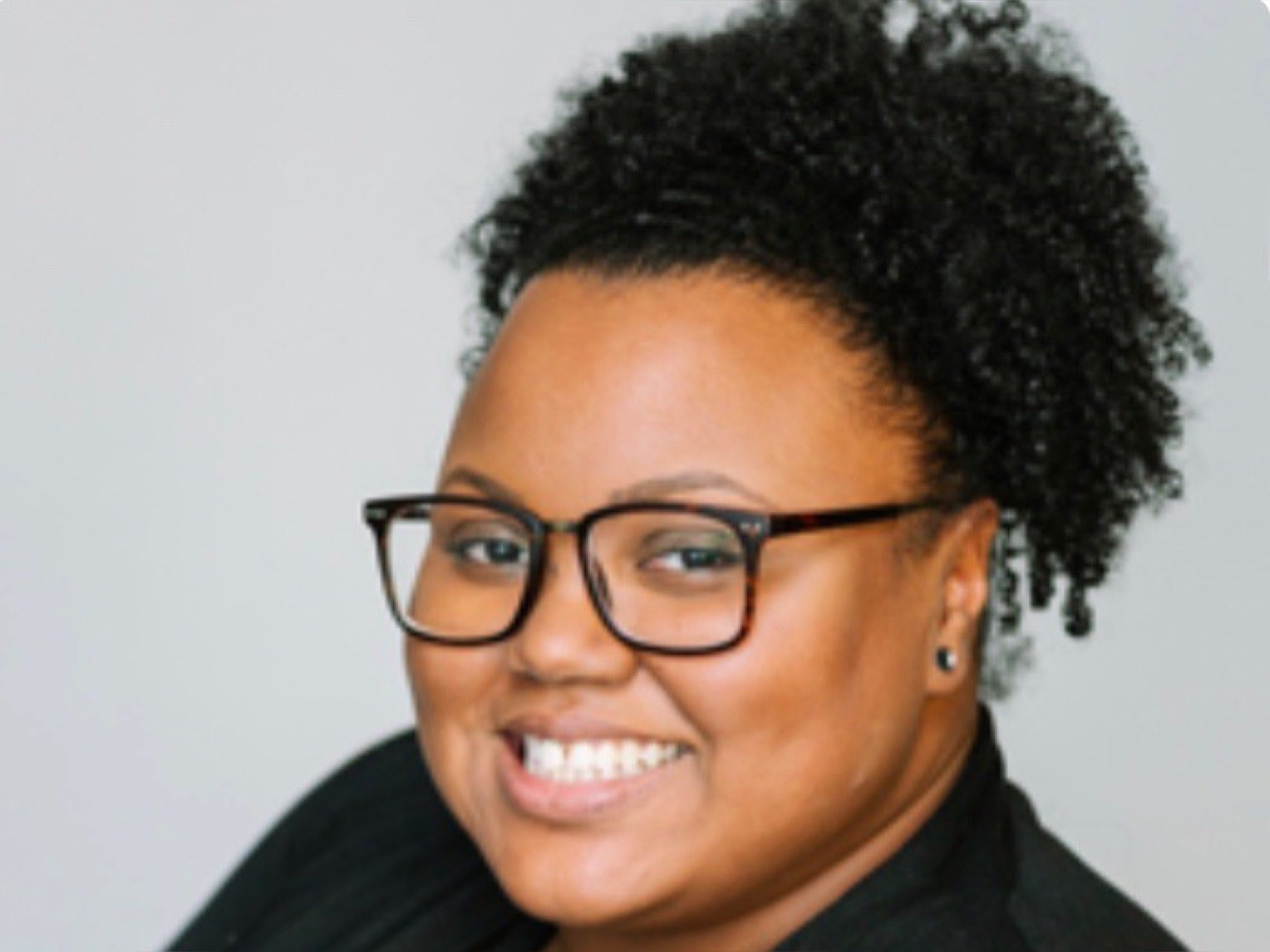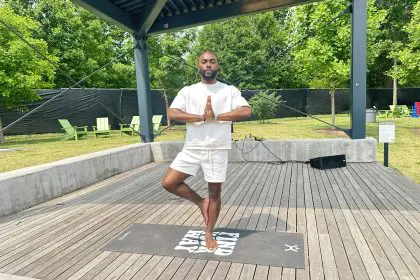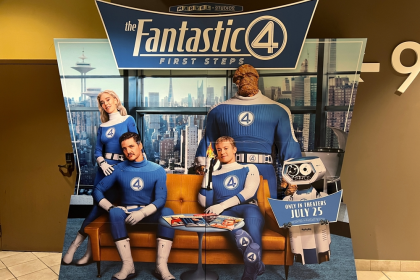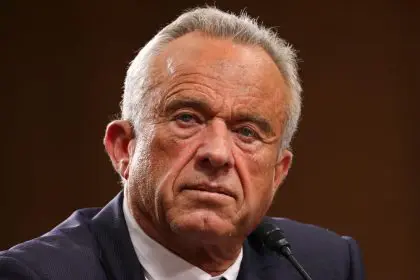
Jewel Sawyer joined the staff of AbsoluteCARE Medical Center and Pharmacy as an infectious diseases physician assistant in 2014. She has received training in internal medicine, primary care, infectious diseases, hormone therapy, and HIV medicines. Her clinical interests include gender-inclusive sexual health, gender-affirming hormone therapy, and HIV prevention and treatment education. She plays an active role in community education and outreach.
A positive HIV diagnosis is no longer considered a death sentence. What led to that turnaround?
The biggest thing has been education. We are taking away some of that stigma and some of that shame that you must be wrong to acquire HIV. It’s more so that this is a chronic condition, akin to diabetes, high cholesterol, high blood pressure, it is something that when you receive the diagnosis, that’s simply what it is, it’s a diagnosis for a medical condition that you have, it is not who you are. So just separating the two and removing some of that stigma has made people understand that in 2022, you can live with HIV, you can have a long, healthy life, you can have other things going on, and focus more on how do you age with HIV? What about the other health conditions you will now face because you’re living this long life? Your life expectancy will be the same. Take your medications, be well informed, tell your partners, and tell your family in a way that they can be supportive of you and continue your life and not have some of the old associated views about it.
Is there still a stigma in the Black community when it comes to HIV?
There is still a stigma, but all of it roots from where you are. We’re in the South, which is still very religious-based … so we have to wrap our head around the idea that stigma can be erased and embraced, and it just goes back into the education component. Are you having open conversations with your family, [and] not just about your HIV status? Are you saying that grandma has had diabetes for 20 years or that people have substance use disorders in the family? It can’t still be this old notion of everything that happens in the house is a secret and we keep it within. To move forward, we have to be open and have these dialogues to better prepare all of us. It’s not just [about] HIV, it’s anything. We all have that cousin, that auntie, that uncle, and that grandma that we know where something is going on, but no one discusses it. We have to have those conversations to remove some of that.

















